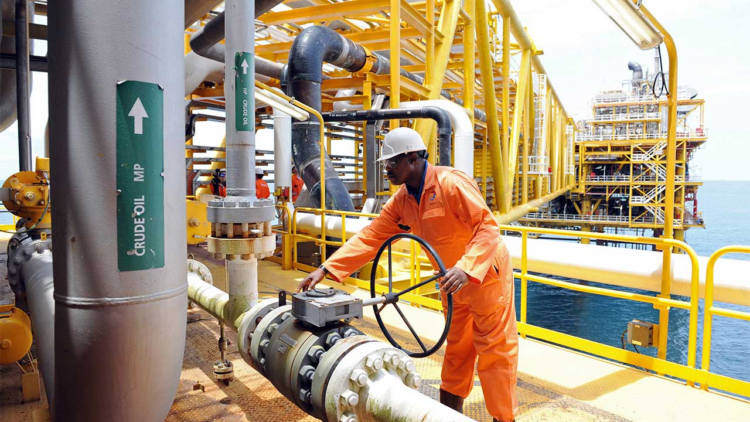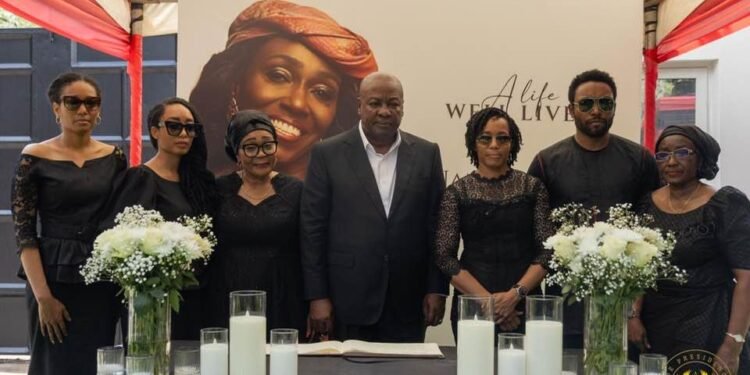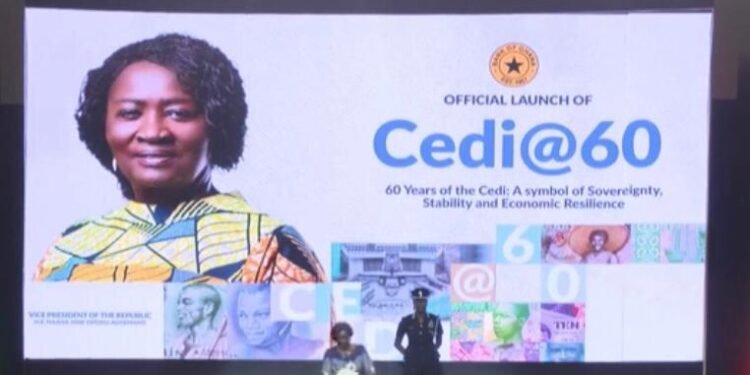Ghana National Gas Limited has proposed a sharp increase in its tariff from US$1.10 to US$2.10 per million metric British thermal units (MMBtu), nearly doubling the current rate.
The request, which represents a 91 percent jump, is part of a broader round of tariff adjustments under consideration by the Public Utilities Regulatory Commission (PURC), with six other state-owned utilities also seeking steep hikes ranging between 59 percent and more than 200 percent.
At a stakeholder forum convened as part of the tariff review process, Manager of Commercial Operations at Ghana Gas, Sylvester Enumi Cudjoe, defended the proposal as a necessary move to align with PURC’s cost-reflective pricing framework.
He explained that the company’s request was not arbitrary but grounded in operational realities and the pressing need to sustain efficiency and long-term investment.
“We have proposed to the PURC that our tariff should move from 1.10 as we have today to about 2.10.
“The basis are the things that I have already elucidated. One, if you want to be a prudent operator, you have to invest in certain key instrumentations.”
Sylvester Enumi Cudjoe, Manager of Commercial Operations at Ghana Gas
Investment and Operational Demands
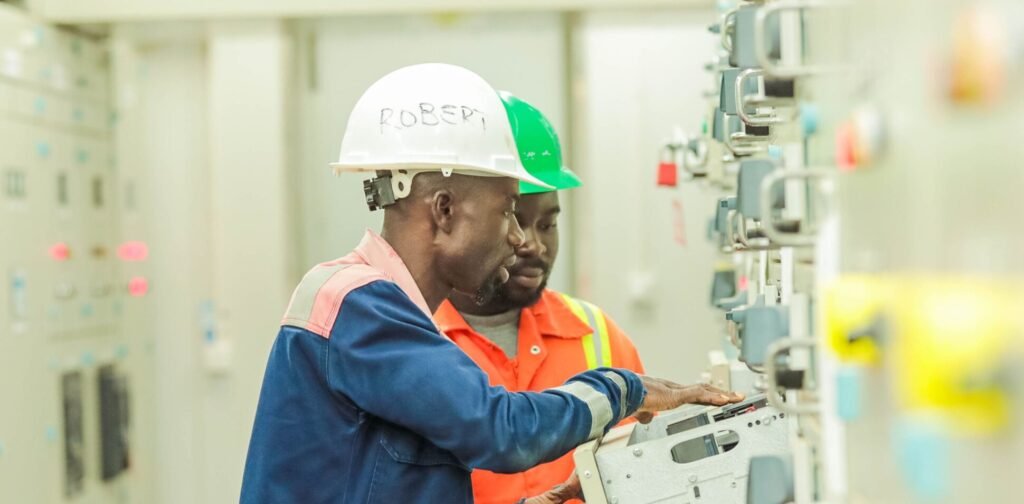
Ghana Gas stressed that the proposed tariff increase is critical for maintaining its operations and expanding the infrastructure required to support Ghana’s growing industrial and energy needs.
The company pointed out that since the last major tariff review in 2022, it has embarked on significant expansions in natural gas gathering and transmission systems.
These projects, which have been central to meeting rising demand from power producers and industries, have yet to be fully reflected in the regulated tariff base.
According to the utility, the higher tariff would cover capitalised expenses and approved short-term investments while revenues from natural gas liquids (NGLs) would help offset processing costs.
The company maintains that these adjustments are vital for ensuring the financial health of the organisation and preventing disruptions in supply.
“Our infrastructure requires constant upgrades and prudent capital investment.
“Without a cost-reflective tariff, we risk falling behind in meeting the needs of industries and consumers that rely on us for energy security.”
Sylvester Enumi Cudjoe, Manager of Commercial Operations at Ghana Gas
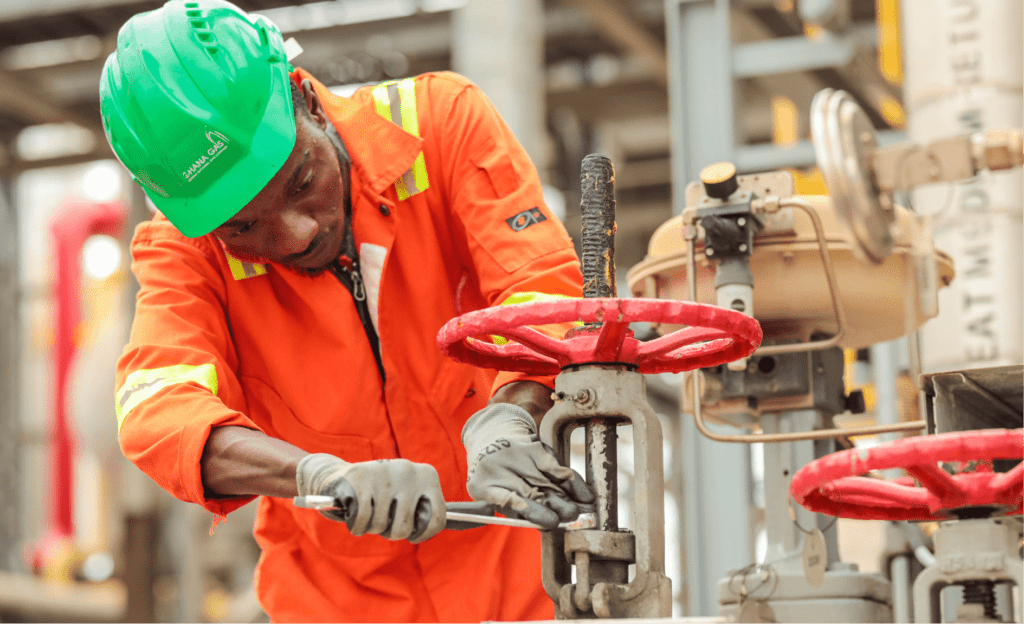
The proposal is framed as part of a wider national discussion on balancing affordability for consumers with the sustainability of public utilities.
Ghana Gas insists that the increment, though steep, is aligned with PURC’s rate-setting guidelines and reflects international best practice for ensuring both investor confidence and reliable service delivery.
“The revised tariff strikes a balance between investor and public interest.
“It positions Ghana Gas to play a central role in driving industrialisation, enhancing energy security, and supporting the country’s transition to cleaner fuels.”
Sylvester Enumi Cudjoe, Manager of Commercial Operations at Ghana Gas
Natural gas has increasingly become a cornerstone of Ghana’s energy mix, providing a cleaner alternative to heavy fuel oil and diesel for power generation while also feeding industrial processes.
Wider Context of Tariff Hikes

The Ghana Gas proposal comes at a time when several other utilities—including the Electricity Company of Ghana (ECG) and the Northern Electricity Distribution Company (NEDCo)—are also seeking significant tariff increases.
However, the scale of the proposed increases has stirred public debate. Consumer advocacy groups have raised concerns about affordability, warning that steep hikes could push households and small businesses to the brink at a time when inflationary pressures are already squeezing incomes.
PURC, which is mandated to assess the proposals, has assured the public that no decision will be taken without thorough consultations and independent cost verification.
The regulator is expected to weigh the utilities’ financial needs against broader economic conditions before issuing a ruling.
All proposals, including Ghana Gas’s request, remain subject to PURC’s approval following the ongoing round of stakeholder consultations.
The Commission is expected to announce its decision in the coming months, with any approved tariff adjustments likely to take effect in 2025.
For Ghana Gas, the outcome of this process will be pivotal. The company has positioned itself as a linchpin of Ghana’s energy security and industrial growth strategy, but it insists that this role can only be sustained if tariffs reflect the true cost of delivering natural gas to the market.
READ ALSO: Investors Snub T-Bills As Government Struggles to Raise GH¢6.7bn, Settles for GH¢3.2bn

